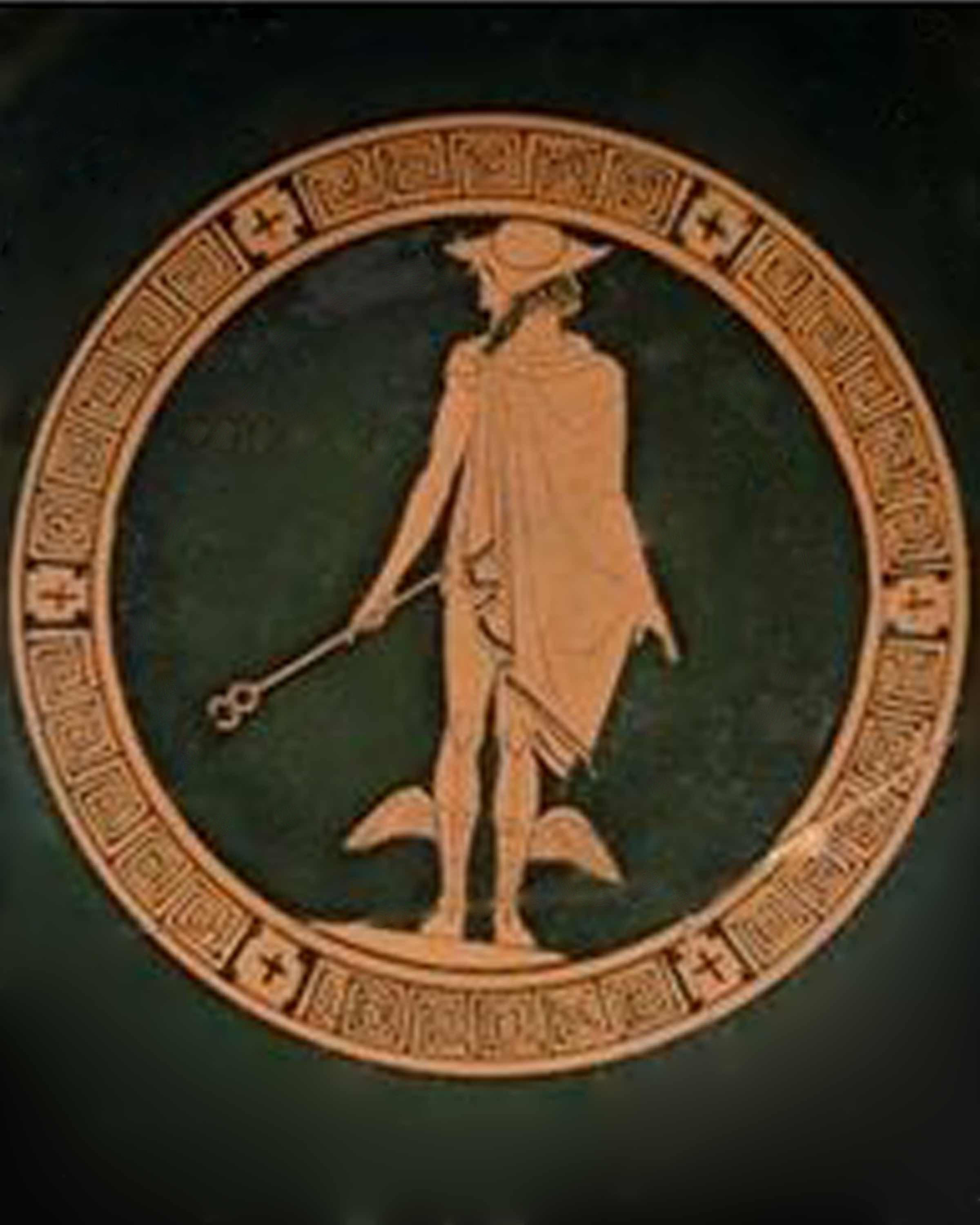Proposal: To Explore the Feasibility of Creating a Tarot Lexicon as a Collective Tarot Community Endeavor?
I'm writing this proposal as e-mail and sending it out to a few people as an exploratory venture to see if it's plausible to create collectively a tarot lexicon. I am posting it on my website to solicit feedback from anyone in the tarot community who may stray across this page.
My personal concern in tarot is in developing its symbolic and esoteric depth and versatility to address many issues of cultural, scientific, artistic, psychological, and philosophical purport.
One thing that stands in the way of developing tarot in this direction is the fragmentary and diverse nature of how tarot is growing. This diversity is also part of tarot's creativity which in no way do I see this move to create clear tarot terminology as a form of inhibiting novel tarot initiatives. My purpose in suggesting that we collectively as a community come together to develop a lexicon is to honor the multiplex directions that current tarot art, collecting, reading, gaming, and history has taken. So we may speak of with clarity, precision, and conciseness about basic tarot distinctions in the arts, and history, in iconology, symbolism, counseling, and gaming.
Perhaps we can begin by seeing what the more authoritative works about tarot reading and practice have to say about what the basic distinctions in tarot practice in reading. Here we may see and decide on standardized ways of expressing basic and fundamental distinctions in tarot practice and theory. Developing a consistent and useful terminology about our most common practices and defining elements of tarot as an art, as a deck of cards, as a variety of traditions of reading and interpretation. The point of the lexicon is to develop and standardize constructive distinctions within tarot theory and practice. Some areas of overlap with other academic disciplines may be useful to consult such as the phenomenology of religion and esotericism, art history terms artistic styles and color representations, the history of tarot and its central motifs and evidence, the use of Jungian psychological terminology, and the language of NLP, hypnosis, and counseling fields may all offer grist to emerging tarot philosophies, epistemologies.
The purpose of a tarot lexicon is to discover how some terms are used in idiosyncratic and confusing ways and to decide on ways to create clear distinctions about how such terms can be refined to reflect basic distinctions that the tarot community has found to be useful. I consider the tarot community to be anyone who is interested in the history, art, reading, divination, play of tarot and who wishes to address features of tarot developing knowledge and symbolism in ways that do not have to rely upon willy-nilly distinctions.
For example, is it fair to say that the earliest forms of tarot represent aspects of a magical world view both in the major and minor Arcana? Also is it fair to say that the occult tarot is what was developed to enhance and more strictly defined magical elements in the tarot by adding Hebrew alphabet correlations to the major Arcana and adding mythical content to the cards symbolism?
If it's agreed upon that one starts a collective development of a tarot lexicon, where might be the best place to initiate and develop this initiative? So I am open to feedback. I doubt if I am the first person to present this idea, though my idea of it is to recognize the basics of tarot but also to settle some terminological issues so we can develop in ever wider circles of precision.
Your feedback is most welcome! You can contact me at the e-mail below.
Best
Paul Nagy, pnagy@tarothermeneutics.com www.tarothermeneutics.com
Related Pages
